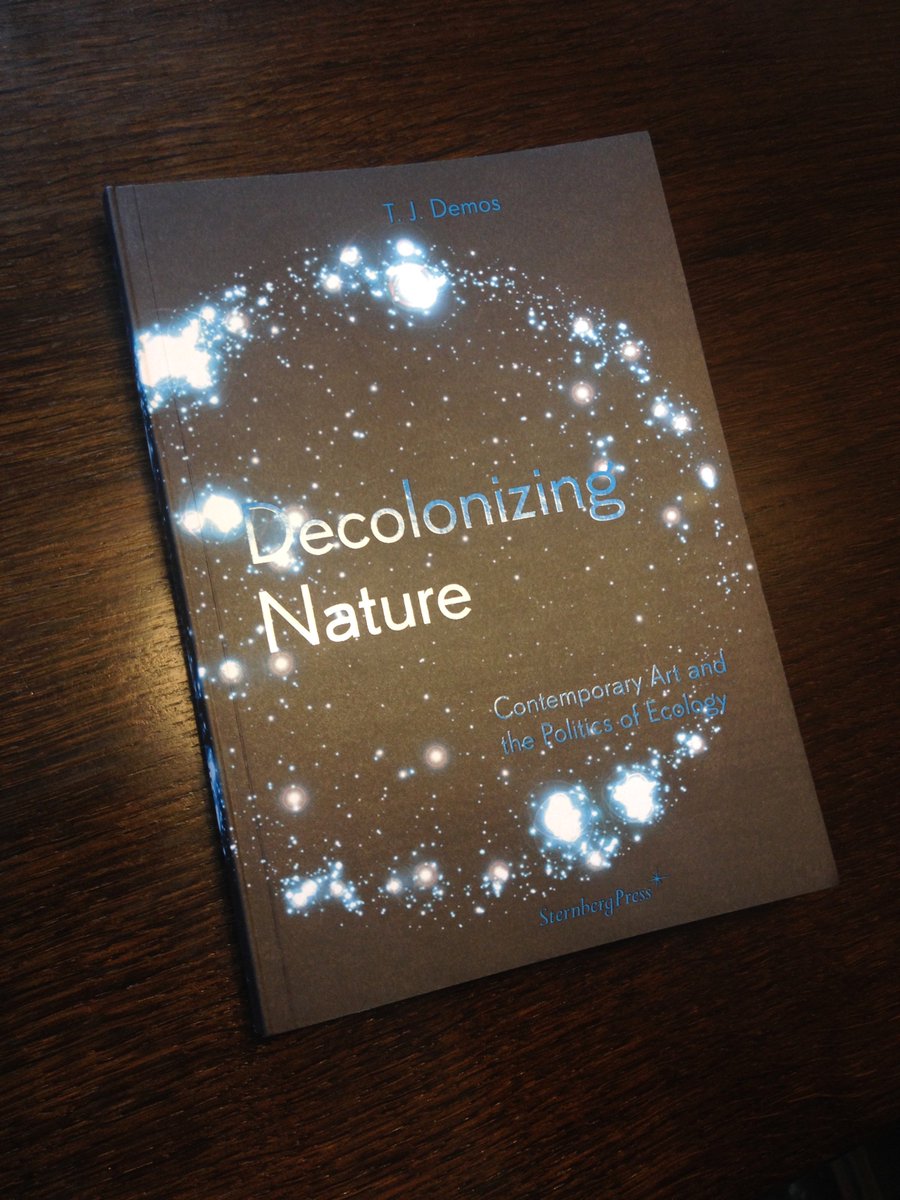The twenty-first century has seen a radical redrawing of geopolitical boundaries and topographies. Most mainstreammedia predominantly flesh out the concept of a displaced people in reductionist or partisan fashion, labeling themalternately as ‘refugees’, ‘Muslims’, or ‘economic migrants’, and greatly flattening the variegated ecologies working withinthe material reality of their displacement and social marginalization. Among a majority of media outlets the figure of the migrant is exchanged like cheap currency, their identity often synonymous with the abject. However, the uprooting of ‘the migrant’ is not only reserved for refugees and immigrants, but seems to be shared by most people living in today’sAnthropocene epoch. As Irmgard Emmelheinz points out, it is “groundlessness” which “characterizes the Anthropocene.” The uprooting of an imaginary status quo affects both the material and semiotic registers, and Emmelheinz goes on to state that “the Anthropocene era implies not a new image of the world, but the transformation of world into images.” Thesocial context and perception of art production has shifted in recent years, and it will be the goal of Prof. T.J. Demos and Maja and Reuben Fowkes to address some of the questions pertaining to this mutation.
Taking into account the possible results of unmitigated or exacerbated climate change, and reflecting upon the resultingpolitical and subjective tragedies which threaten both north and south populations, how does such a state of affairs resituate the vocation of art production? How does both western and world art reflect the nature of social displacementbeyond a simple token appropriation? Should the art of the Anthropocene stake a claim in social reform, and how to go about such an endeavour? These are some of the questions which will be addressed during the afternoon session with Prof. Demos and the Fowkes’. Lectures will be followed by an open discussion.
The lectures will be in English.
